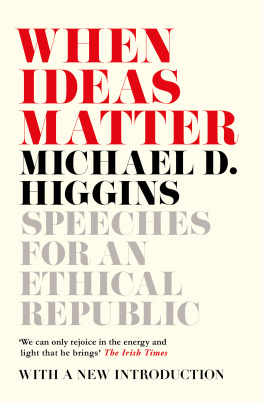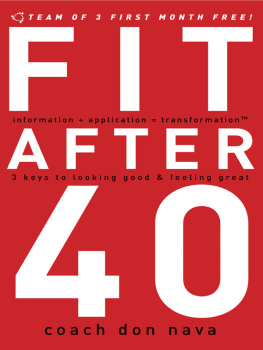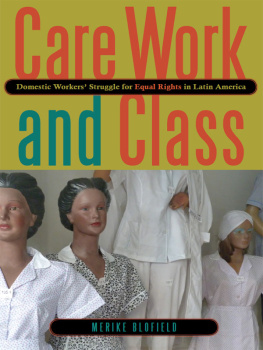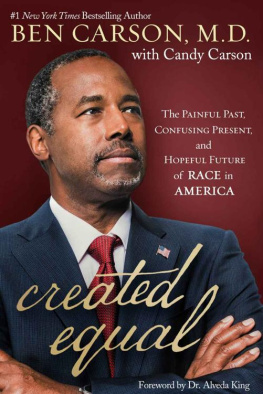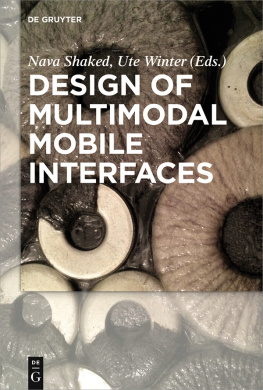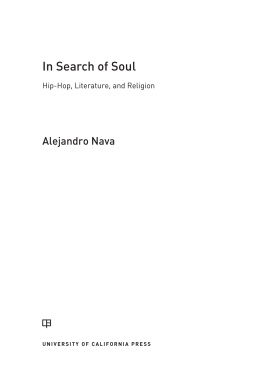Michael Nava - Created Equal: Why Gay Rights Matter to America
Here you can read online Michael Nava - Created Equal: Why Gay Rights Matter to America full text of the book (entire story) in english for free. Download pdf and epub, get meaning, cover and reviews about this ebook. year: 2014, publisher: St. Martins Publishing Group, genre: Politics. Description of the work, (preface) as well as reviews are available. Best literature library LitArk.com created for fans of good reading and offers a wide selection of genres:
Romance novel
Science fiction
Adventure
Detective
Science
History
Home and family
Prose
Art
Politics
Computer
Non-fiction
Religion
Business
Children
Humor
Choose a favorite category and find really read worthwhile books. Enjoy immersion in the world of imagination, feel the emotions of the characters or learn something new for yourself, make an fascinating discovery.

- Book:Created Equal: Why Gay Rights Matter to America
- Author:
- Publisher:St. Martins Publishing Group
- Genre:
- Year:2014
- Rating:3 / 5
- Favourites:Add to favourites
- Your mark:
- 60
- 1
- 2
- 3
- 4
- 5
Created Equal: Why Gay Rights Matter to America: summary, description and annotation
We offer to read an annotation, description, summary or preface (depends on what the author of the book "Created Equal: Why Gay Rights Matter to America" wrote himself). If you haven't found the necessary information about the book — write in the comments, we will try to find it.
Created Equal: Why Gay Rights Matter to America — read online for free the complete book (whole text) full work
Below is the text of the book, divided by pages. System saving the place of the last page read, allows you to conveniently read the book "Created Equal: Why Gay Rights Matter to America" online for free, without having to search again every time where you left off. Put a bookmark, and you can go to the page where you finished reading at any time.
Font size:
Interval:
Bookmark:
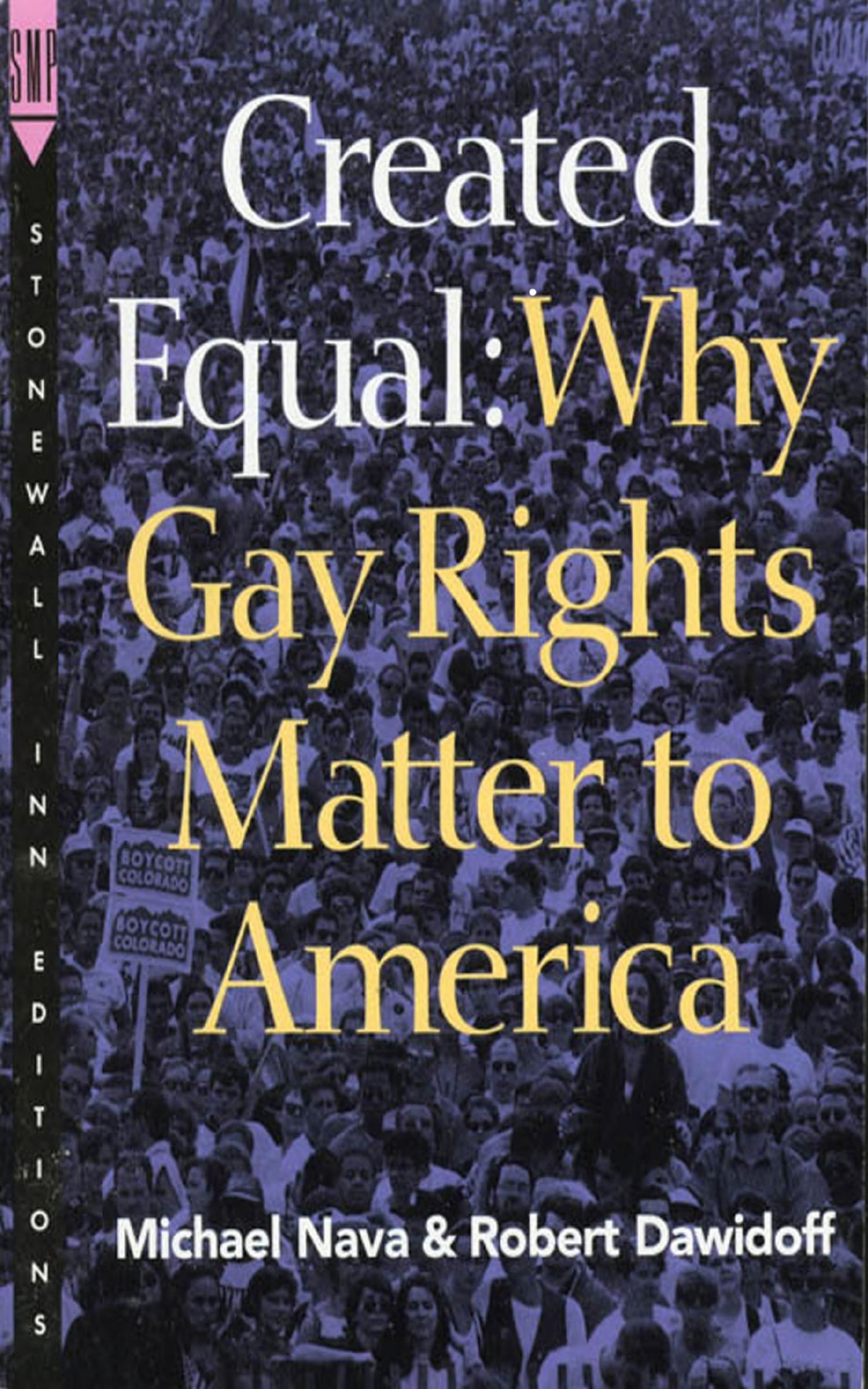

The author and publisher have provided this e-book to you for your personal use only. You may not make this e-book publicly available in any way. Copyright infringement is against the law. If you believe the copy of this e-book you are reading infringes on the authors copyright, please notify the publisher at: us.macmillanusa.com/piracy.
Contents
For Don Romesburg, for what is and what will be
For Martin Rochlin and Charles Myers
We wish to thank the people who encouraged us in the writing of this book, among them our agent, Charlotte Sheedy; our editor, Michael Denneny and his associates Keith Kahla and John Clark; and our friend Richard Rouliard.
Don Romesburg, Daniel Barth Peters, and Emilie Stoltzfus gave valuable editorial and research assistance; Sandra Campbell and Joel Smith helped prepare the manuscript. Many friends and colleagues read or listened to parts of this book, and we acknowledge their collective contributions gratefully.
We are grateful to the thousands of gay men and lesbians and their straight friends and supporters who demonstrated in the streets of Los Angeles in the autumn of 1991 and from whom we tookand takeour inspiration.
The only freedom which deserves the name is that of pursuing our own good in our own way, so long as we do not attempt to deprive others of theirs, or impede their efforts to obtain it.
J OHN STUART MILL
This is your home, my friend, do not be driven from it; great men have done great things here, and will again, and we can make America what America must become.
J AMES BALDWIN
In late September 1991, Pete Wilson, the Republican Governor of California, who had publicly solicited the support of gay and lesbian voters, vetoed a bill that would have prohibited discrimination in employment on the basis of sexual orientation, a bill that Wilson had promised his gay supporters he would sign. In an apparent attempt to minimize hostile reaction to his veto, Wilson released the news on a Sunday afternoon. But word spread quickly through the gay and lesbian community across the state, and it was met with disbelief and fury. At nightfall, a spontaneous demonstration erupted on the streets of West Hollywood, home to many gay men and women. One of us recorded the incident in his diary:
Above the racket of passing cars, I hear the shrill noise of whistles, and then an echoing chant: Were here. Were queer. Get used to it. By the time I reach the corner, the demonstrators have moved on. I see the flash of red and blue cop-car lights up ahead, and run toward them, catching the march as it slows in front of the two gyms on the north side of the street. The crowd chants, Out of the gyms and into the streets! And, amazingly, some heed the cry and we are joined by men in spandex shorts and tank tops as we move toward the center of the city, blocking traffic in the lanes behind us.
I look around. There are perhaps four hundred of us, a motley crowd that ranges from young activists in ACT UP and Queer Nation T-shirts to white-haired Morris Kight, who marched down Hollywood Boulevard twenty years ago in the first gay pride parade in Los Angeles. Up ahead I see Richard Rouilard, editor of The Advocate, and Robert Dawidoff, a professor of history at the Claremont Graduate School. Fair-skinned Robert is flushed with excitement, while Richard is tense with rage. These two emotions, excitement and fury, carry the crowd forward into the warm autumn night. At the intersection of Santa Monica and San Vicente Boulevard we stop. For a moment it seems that no one knows what to do, and then people beginning sitting down in the street. Soon we are all sitting, while the sheriffs move at the edge of the crowd, trying to get us back on our feet. Someone begins to chant Our streets, our streets, and it passes through the crowd, until we are all shouting at the grim-faced sheriffs at the top of our lungs, Our streets, our streets, our streets.
The demonstration went on long into the night, and in other cities across the state gays and lesbians also took to the streets. But in Los Angeles, the demonstrations were repeated night after night for more than two weeks, all across the city. As the demonstrations continued, they also grew in size until, some nights, more than five thousand gay men and women marched up to ten miles in a city where people are accustomed to driving to the corner supermarket. The demonstrations grew in purpose, too, from a mere protest against Pete Wilsons betrayal to an affirmation of the strength and unity of a community that hitherto was quiescent, if not apathetic. The two of us participated in many of those marches. For each of us, the striking feature of these demonstrations was how our fellow gays and lesbians perceived that their cause was in the great tradition of the civil rights movements of the past, a point made eloquently by a placard that read Thank you, Rosa Parks.
The weeks of demonstrations culminated in a rally at the state capitol in Sacramento, where one of us had grown up. After the rally, there was another march.
By now it is night. There are a couple of thousand of us and we are marching back toward the Capitol. The quiet streets of my hometown are shaken by our chants. People come out of their houses to watch us pass, many waving or flashing peace signs, a gesture I have not seen since the last of the Vietnam Moratoriums in San Francisco twenty years ago. I dont know what we have accomplished collectively, but for me, to be back on these streetswhere I was once a small, shamed boyloudly proclaiming, Gay rights now! with hundreds of my brothers and sisters is victory enough.
The emotional momentum of those demonstrations proved impossible to sustain over the long run, but they changed the lives of those men and women who participated in them. Certainly, they changed ours. Before we had been acquaintances, but after it was all over we were friends. And, since one of us is a lawyer and the other is a historian, it was inevitable that we would try to make sense of what had happened during those tumultuous weeks, and what it meant for the gay and lesbian community.
Out of those conversations came the basic arguments at the core of this book:
1. The purpose of American constitutional government is the protection of individual rights.
2. Gays and lesbians, as American citizens, are entitled to the exercise of those rights.
3. Demonstrably, they are denied free exercise of those rights.
4. The grounds given for denying gays and lesbians their rights are rooted in ignorance and bias.
5. The organized opponents of gay rights, who exploit this ignorance and bias, would substitute sectarian religious morality in place of constitutional guarantees that allow individuals to determine how best to live their lives.
6. These forces are using the issue of gay rights as a test case in order to promote a broader agenda, the purpose of which is to limit individuality itself.
It is our intention in writing this book to address these arguments to the great majority of our fellow Americans, who, we believe, would support the cause of gay rights if they understood that we are not seeking special privileges but the ordinary rights that all Americans enjoy.
Its worth saying now what we believe about homosexuality: It is neither a sickness nor a sin, but the natural sexual predisposition of a minority of human beings. This was not the belief that either of us had when he first acknowledged that he was homosexual. Like most gay men and women, we have had to overcome what society teaches everyone about homosexuality: that it is unnatural, a sign of stunted emotional maturity, a lack of self-control, a furtive and disgusting form of sexual activity without any affectional content; and that homosexuals are sexual predators and incapable of establishing lasting, loving relationships. We have had to examine these beliefs and equally pejorative others and test them against the evidence of our self-knowledge. For each of us, one in his thirties, the other in his forties, that examination was a slow, torturous process, because when we were growing up there was no alternative understanding of homosexuality that might have supported a positive homosexual identity. What we had to do, by process of elimination, was to come to the point where we realized that the cultural stereotypes of homosexuality did not describe our lives, our loves, or our aspirations. We discovered we were, after all, loving, decent, and productive human beings and that these qualities were not only consistent with our homosexuality but could, in fact, be expressed through it. For both of us, the process of self-understanding and self-acceptance took years, as it does for most gays and lesbians.
Font size:
Interval:
Bookmark:
Similar books «Created Equal: Why Gay Rights Matter to America»
Look at similar books to Created Equal: Why Gay Rights Matter to America. We have selected literature similar in name and meaning in the hope of providing readers with more options to find new, interesting, not yet read works.
Discussion, reviews of the book Created Equal: Why Gay Rights Matter to America and just readers' own opinions. Leave your comments, write what you think about the work, its meaning or the main characters. Specify what exactly you liked and what you didn't like, and why you think so.

